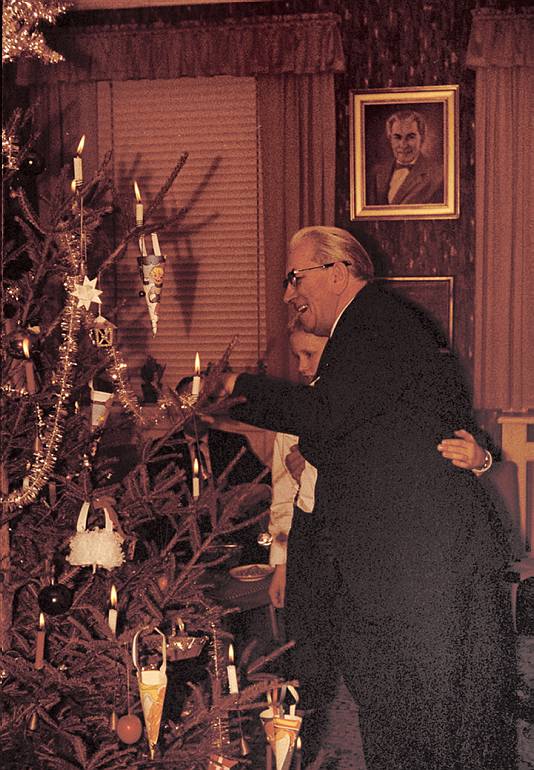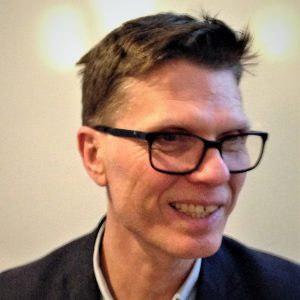In this podcast Mary McGovern and Pernilla Rosell reflect on Martinus’ Christmas letters, which he sent out every December from 1933, when the magazine Kosmos began in Danish, until 1980, the Christmas before he left the physical plane. In these letters, he sent his heartfelt thanks to all those who supported his work in various ways. At the same time he provided cosmic analyses of the Christmas mystery and the winter solstice, the latter being a symbol of the culmination of darkness in our minds and hearts and the return of the light in the form of understanding and neighbourly love.
Martinus very often began on a poetic note as in the following example:
“The time of darkness is upon us. We are passing the solstice and are in the midnight hour of the year’s cycle, the domain of coldness and night. The sunlit days, the warmth and life of summer are gone … Just as the Godhead is an eternal light in the darkness, so must every living being come to shine in the night. That is the solution to the mystery of life, that is the beings’ awakening from death to life, that is initiation, the great birth, or the beings’ experiencing of themselves as being one with the Father, the road, the truth and the life.” (Martinus, Christmas letter 1949)
Martinus also wrote many articles about Christmas. In “Light in the Darkness” he writes:
“The joy of Christmas will become joy in living, Christmas presents will become the human being giving himself, that is, his joy in living and his creative ability, for the benefit of the whole, and the peace of Christmas will become peace all the year round, not merely between the different nations but also between the different human beings. There will really be ‘peace on Earth and goodwill to all men’, as is promised in the Christmas gospel.” http://www.martinus.dk/en/articles/index.php?mode=1&artikelnr=1477
And here’s a link to another Christmas article, “Christmas Eve and New Year’s Eve”, written in 1969: http://www.martinus.dk/en/articles/index.php?mode=1&artikelnr=920
At the beginning of the episode Martinus’ Symbol No. 2, “The Principle of World Redemption” is mentioned: http://www.martinus.dk/en/martinus-symbols/overview-of-the-symbols/symbol-2
Merry Christmas to all our listeners from the Martinus Cosmology Podcast team!
This podcast was recorded via Skype by Pernilla Rosell in Stockholm and Mary McGovern in Copenhagen on 23rd December 2018.
Historical photo of Martinus from 1963 by courtesy of the Martinus Institute. Online gallery: http://www.martinus.dk/da/fotogalleri/
Music composed and performed by Lars Palerius.
Martinus’ literature is available online on the Martinus Institute’s website: http://www.martinus.dk/en. Here you can also find information about the international summer courses at the Martinus Centre in Klint, Denmark.


